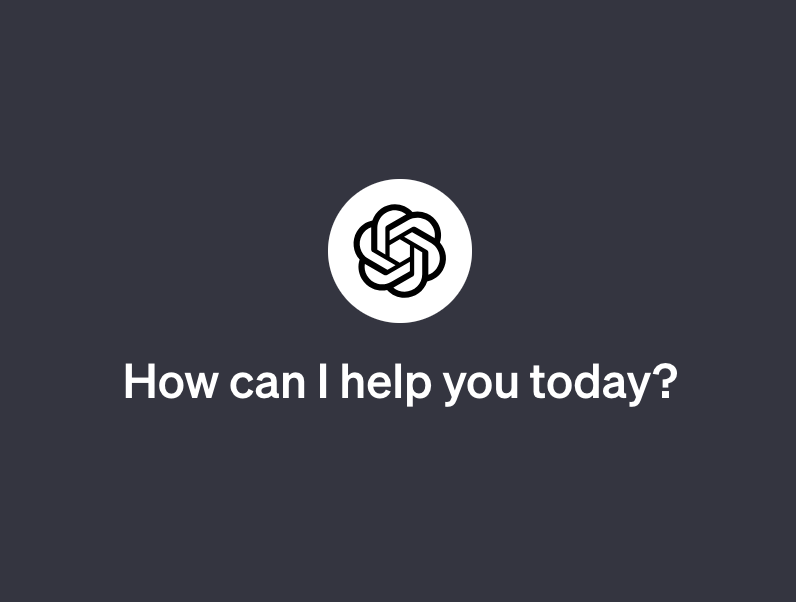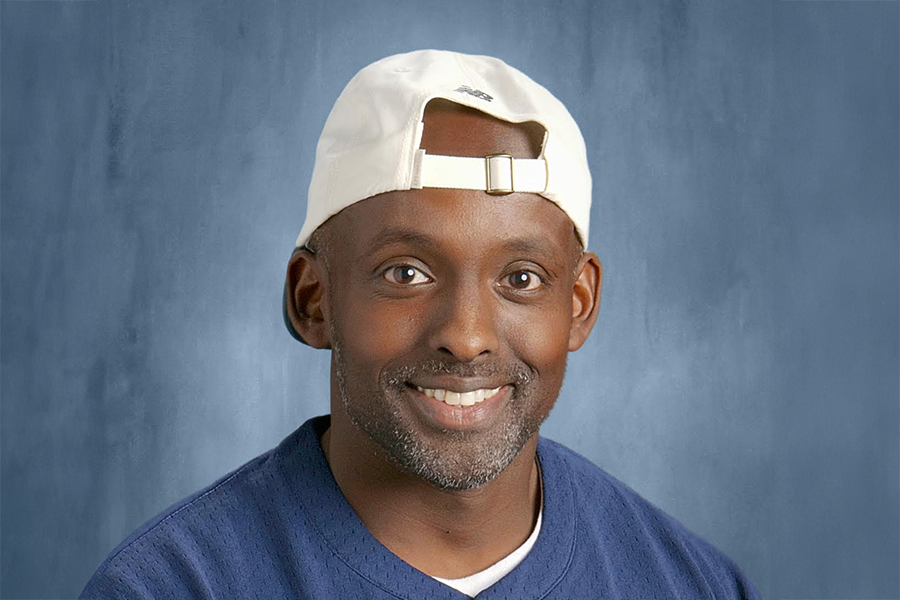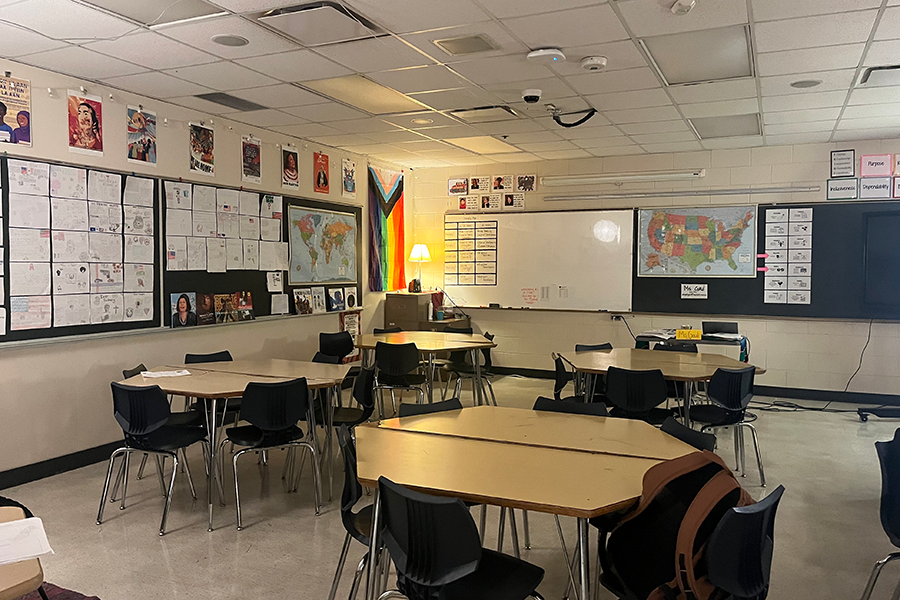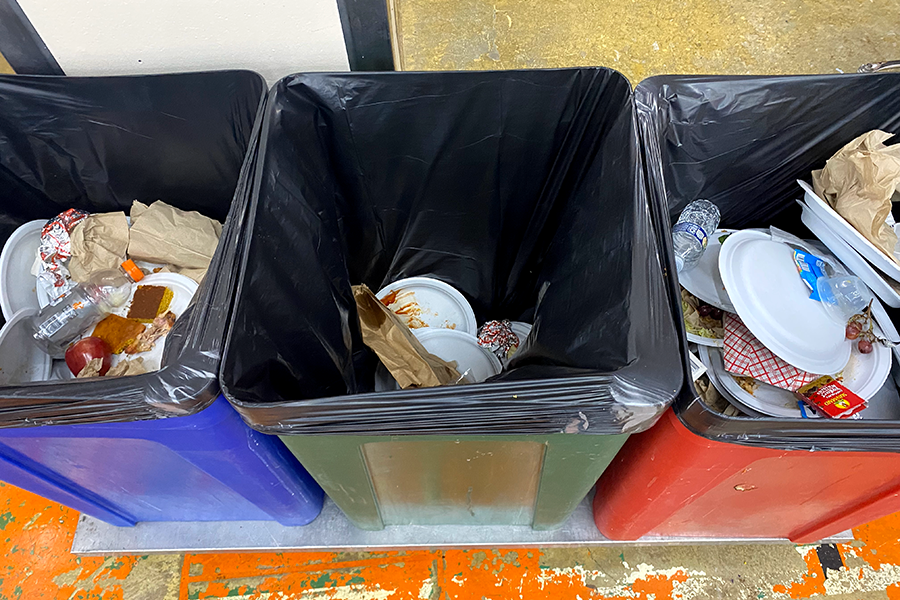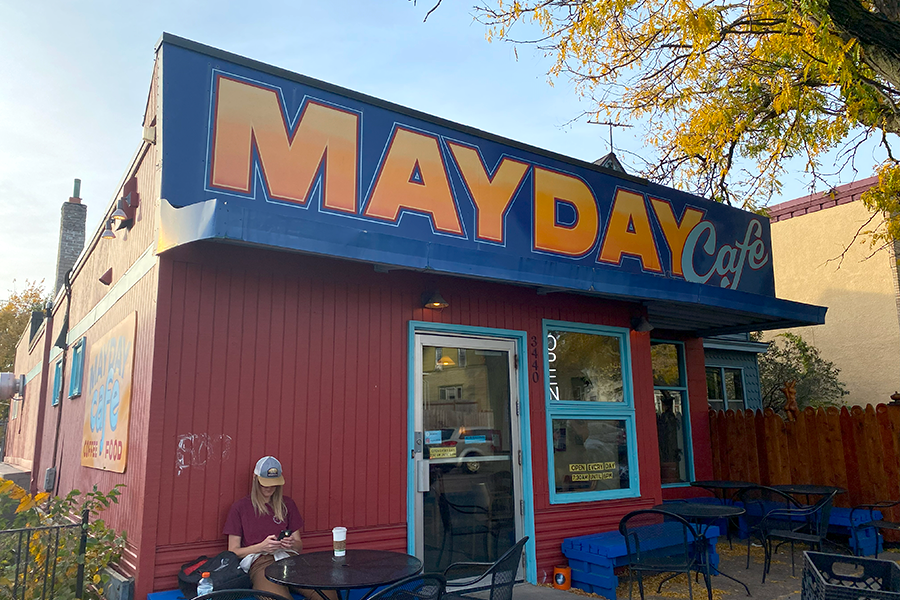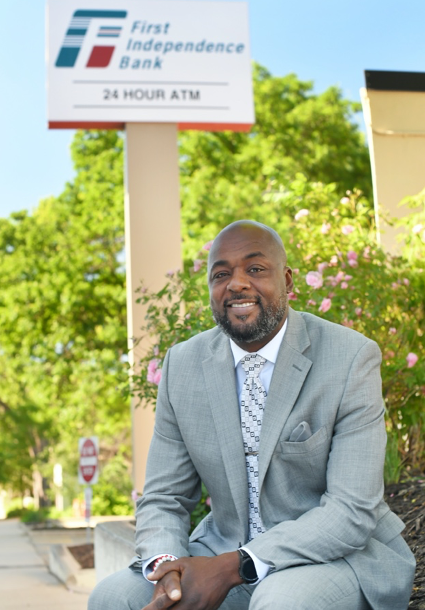With the rise of artificial intelligence software like Chat GPT, education is on a path to become more technologically literate than ever before. However, there are also concerns about unfair use of AI, including plagiarism and cheating within schools. Despite AI’s relatively new expansion, it’s becoming more and more acknowledged by schools around the world, including South.
ChatGPT and other AI resources are easily accessible to students through multiple avenues. ChatGPT was founded in 2022 by OpenAI, and it’s already made waves in tech communities. It’s accessible to anyone with an email address, and is incredibly easy to use. The user can plug in almost any question or request and the software can create unique content in seconds. Because of its easy, accessible format, people have found ways to utilize it to make their schoolwork and job easier. Some schools around the world are worried about students using AI software like ChatGPT to plagiarize online assignments. Afolobi Runsewe, the Principal at South says, “There’s ways for AI to be used responsibly, I think it kind of scares me…But I know from going through high school and college, and now being a professional, that teachers know your writing style and so if you use AI as plagiarism, I don’t think that will fly under the radar.”
As schools grapple with AI use, it’s possible for the regulations in schools, including South, to change in order to keep up with AI software. South’s handbook currently defines plagiarism as “…The act of presenting another writer’s ideas or words as if they were your own without acknowledging the source.” It also states that cheating includes, “…turning in work generated from the Internet as your own.” Artificial intelligence itself is not included in South’s handbook and is left to individual teachers to handle as they see fit. In terms of how South is handling plagiarism and the use of Artificial intelligence, Runsewe says, “I think our teachers are already on it…it’s part of our responsibility to make sure [students] aren’t putting themselves in positions to get in trouble.”
AI itself is a highly contested topic and is expected to have a large effect on people’s daily lives in the near future. Concerns of how AI will change the workforce and unemployment have been around since the creation of computers. AI is very efficient in some ways that can occasionally go beyond the abilities of human workers. There have been cases in recent years where common jobs are being assisted or directed by the presence of AI. There are differing opinions on the future ramifications of AI, especially regarding whether or not it will damage the workforce, and whether its presence should be welcome. Like computer literacy became a necessary part of education and labor within the past couple decades, literacy in using AI could be a regular part of people’s livelihoods.
As AI and advanced technology become ever-present in people’s daily lives, students will have to adapt in order to have the necessary skills for the workforce. Conversations are rising about how AI can be a tool instead of a crutch. By teaching students how to effectively and ethically use AI, students have agency over a future with AI in the workplace. Runsewe says, “I think we’ve got to take advantage of technology in a responsible way and I think AI is a good way to do so…. AI can definitely be something that is used as a tool to help kids learn.”
No matter the way AI continues to be used in the future, schools will have to decide what the best way to encourage ethical, productive use of AI is. Plagiarism using AI is a relatively new issue, and there remains a chance to guide the narrative around AI to be a tool instead of a crutch. Runsewe says, “I dont think its a widespread issue yet, and hopefully it doesn’t become one. I hope kids use good judgment and use technology responsibly.”

